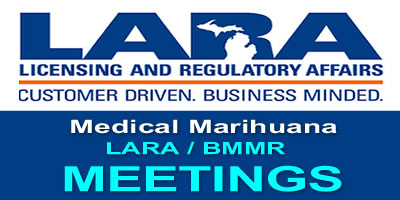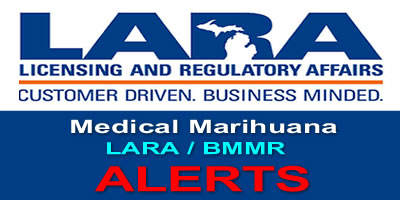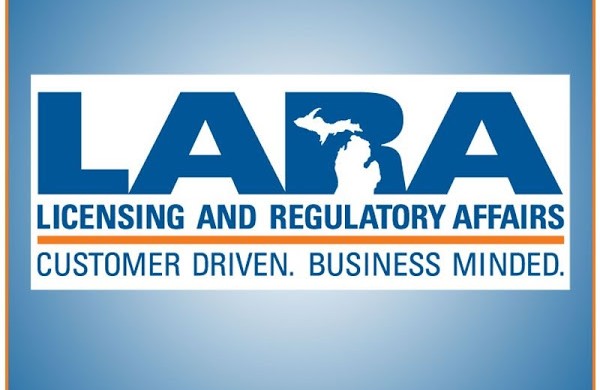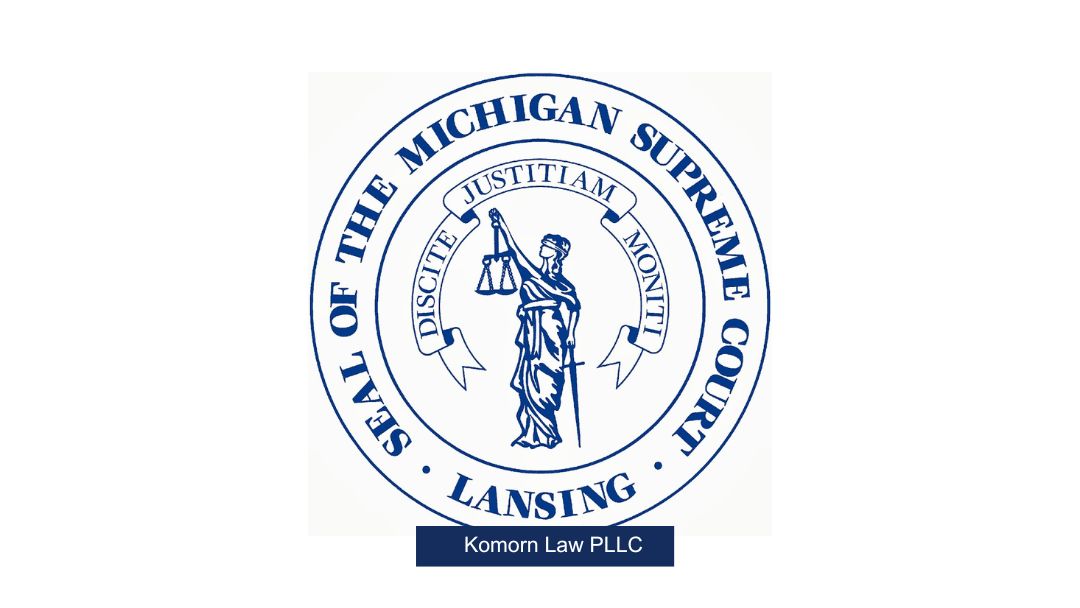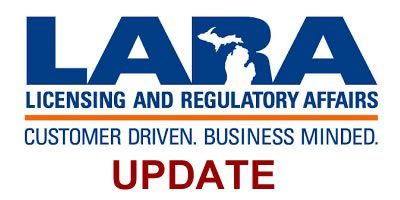
Apr 25, 2018 | Blog, Michigan Medical Marijuana Act
This public hearing is to allow citizens to offer comments related to the filing of a petition to include a particular medical condition or treatment to the list of debilitating medical conditions identified in MCL 333.26423(b).
The petitions submitted to the Medical Marihuana Review Panel (Review Panel) under the Michigan Medical Marihuana Act, 2008 IL
1, MCL 333.26421 to 333.26430 (MMMA) are as follows:
anxiety, depression, obsessive compulsive disorder, panic attacks, schizophrenia, social anxiety disorder, arthritis, rheumatoid arthritis, brain injury, spinal cord injury, asthma, diabetes, colitis, gastric ulcer, inflammatory bowel disease, ulcerative colitis, organ transplant, non-severe and non-chronic pain, Parkinson’s, Tourette’s syndrome, autism, and chronic pain.
Public comments on the petitions may be presented in person at the public hearing or emailed up until 5:00 p.m. on May 3, 2018, to the following email address: LARA-BMMRLegal@michigan.gov.
Please place “Medical Marihuana Review Panel” in the subject
line.
And any other business properly before the Review Panel.
Next meeting: May 4, 2018
PDF Version

Apr 25, 2018 | Blog, Michigan Medical Marijuana Act, News
April 23, 2018 – The Dept. of Licensing and Regulatory Affairs (LARA) and the Bureau of Medical Marihuana Regulation (BMMR) issued a warning today to the public – and to prospective medical marihuana operator license applicants – regarding fraudulent medical marihuana cease and desist letters delivered in the last several days.
The BMMR Enforcement Division and the Michigan State Police are currently conducting a joint investigation into an individual or individuals who have issued fraudulent cease and desist letters at marihuana facility locations – that are currently operating temporarily with local approval – throughout the state. While BMMR has issued over 200 cease and desist letters over the last month, it has not delivered any since April 18, 2018. If a business owner, employee, or applicant has received a cease and desist letter since Thursday, April 19, 2018, they are requested to call the bureau at 517-284-8599.
LARA reminds applicants and potential licensees that BMMR Enforcement Officers carry a form of identification that makes it clear that they work for the bureau. Each ID card has embedded holographic security, the state of Michigan seal, the LARA emblem, and the representative’s name, picture and work title. Please ask the enforcement personnel to show this identification at any time. Also, it should be noted that, moving forward, official communication from the State of Michigan will be delivered either via US Postal mail or in-person hand delivery.
PDF Version

Apr 24, 2018 | Blog, Medical Marijuana, News
If you drive down Cedar Street in Lansing, you’ll see green signs on medical marijuana dispensaries that advertise for “MMMP.”
The initials refer to the state’s program for registered medical marijuana patients.
Statewide, there are roughly 218,558 registered medical marijuana patients and 38,107 caregivers, according to the state’s most recently published data. Registered patients increased more than 70% since 2012.
The state initially denies close to 16% of the medical marijuana applications it receives, according to data reported by Michigan Department of Licensing and Regulatory Affairs. Regulators deny some applications for clerical errors, like incomplete paperwork, and prospective patients may re-apply.
This is what Michiganders need to know about becoming a registered medical marijuana patient.
What is a medical marijuana card?
State regulators issue Michigan Medical Marihuana Program cards to registered medical marijuana patients and caregivers.
Registered patients may possess up to 12 marijuana plants and up to 2.5 ounces of “usable marijuana,” meaning the plant’s dried flowers and leaves.
The state also licenses caregivers, who can help procure marijuana for patients. Caregivers may serve up to five patients. State law allows caregivers to possess up to 2.5 ounces of marijuana for each patient. Caregivers may also cultivate up to 12 marijuana plants for each of their registered patients.
The state began certifying patients and caregivers in 2009 after more than 60% of voters approved legalizing medical marijuana in 2008.
Recreational marijuana is still illegal in Michigan, though that could change. Several groups are petitioning to bring recreational legalization before state voters this November.
Who qualifies for a medical marijuana card?
State law specifically lists eight medical conditions, which can qualify a patient for certification:
- Cancer
- Glaucoma
- HIV/AIDS
- Hepatitis C
- Crohn’s disease
- Alzheimer’s
- Nail patella, a rare genetic disorder characterized by abnormalities of the nails, kneecaps and pelvis
- Amyotrophic lateral sclerosis (ALS), also know as Lou Gherig’s disease
State regulators have since added post-traumatic disorder to the list of approved conditions.
Patients also can obtain a medical marijuana card for a “debilitating medical condition” with any of the following symptoms:
- wasting syndrome
- severe and chronic pain
- nausea
- seizures, such as those associated with epilepsy
- severe and persistent muscle spasms, including those associated with multiple sclerosis
Who can provide medical marijuana certifications?
A physician’s approval is necessary to obtain a Michigan medical marijuana card.
A medical doctor or a doctor of osteopathic medicine must sign a form certifying that a patient suffers from a debilitating medical condition that could be alleviated with medical cannabis.
It’s not permissible to get physician’s blessing for medical marijuana through the mail or via a Skype appointment. State law requires a “bona fide physician-patient relationship,” which includes an in-person medical evaluation.
2015 audit: One doctor certified 11,800 cannabis patients
The state does not provide a list of physicians who will recommend medical marijuana.
Because marijuana is still illegal under federal law, some physicians are reluctant to provide medical marijuana certifications, said Kevin McFatridge a spokesman for the Michigan State Medical Society, a professional association.
The U.S. Food and Drug Administration has not broadly approved marijuana for medical use, although the FDA has approved drugs that either contain cannabis or mimic cannabis compounds.
Some doctors are reluctant to recommend medical marijuana, McFatridge said, because there are insufficient studies about cannabis dosage and the way the drug could interact with other medications.
Physicians with McLaren Health System do not provide medical marijuana certifications.
“There are legal drugs that may work just as well in specific instances, this is why it is important to work closely with your physician to create a personalized treatment plan,” said Dr. Brad Ropp of McLaren Medical Group.
Michael Komorn, an attorney and president of the Michigan Medical Marijuana Association, an advocacy group, said insurance companies often discourage physicians from providing medical marijuana certifications. Komorn, argues, however, that fears about the risks of recommending medical marijuana are unfounded.
“More doctors should come on board, if they’re keeping with the Hippocratic oath of ‘do no harm,” Komorn said. “If you prescribe opioid pills to a patient, you don’t know if they’re going to take more than prescribed and overdose. When you look at cannabis as an alternative to pain management, for example, it’s much safer.”
How long does it take to get a medical marijuana card?
It costs $60 to apply for an adult patient card, which must be renewed after two years. There’s an additional $25 fee to register a caregiver.
Application materials, including proof of Michigan residency, should be mailed to the Michigan Medical Marihuana Program, PO Box 30083, Lansing, Mich. 48903.
State regulators will either issue a medical marijuana card or a denial letter within 20 business days of receiving an application. Applicants can contact the state’s Medical Marihuana Program 517-284-6400 if they do not hear back within five weeks of mailing an application.
Contact Sarah Lehr at (517) 377-1056 or slehr@lsj.com. Follow her on Twitter @SarahGLehr.
More:

Mar 15, 2018 | Blog, Komorn Law Blog, Medical Marijuana, Medical Marijuana Attorney Michael Komorn, Michigan Medical Marhuana Regulation, Michigan Medical Marijuana Act, News
On March 14, 2018 The Dept. of Licensing and Regulatory Affairs (LARA) has posted a revised technical bulletin for clarification on testing and accreditation standards.
The bulletin refers to Safety Compliance FacilitiesTesting, The purpose of the bulletin is intended to address requests for clarification on Rule31(6) and (7) of the Emergency Rules filed on December 4, 2017.
This bulletin can be viewed at the following links
Komorn Law – PDF Link
State of Michigan – LARA link
